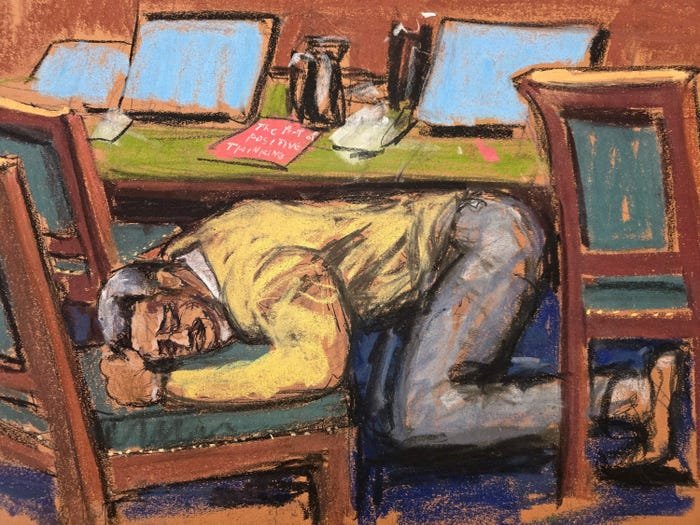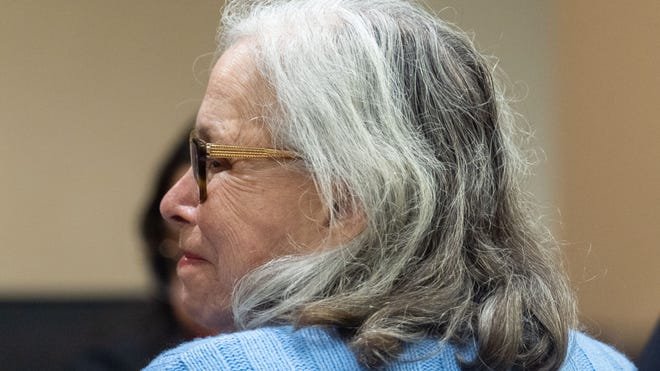
By The General Justice Lawyer, July 2
New York, USA — Judge Arun Subramanian’s recent decision to deny bail to Sean “Diddy” Combs underscores the court’s commitment to prioritizing public safety in cases involving admitted violence and serious criminal convictions.
The ruling follows a thorough consideration of arguments from both the prosecution and defense, with the judge emphasizing the defendant’s history and the legal standards set by the Bail Reform Act. Despite defense efforts to portray Combs as a compliant and trustworthy individual, the court found that the burden of proving he poses no danger to the community was not met.
The defense argued that Combs had demonstrated model behavior while in custody and complied with all court orders. Attorney Marc Agnifilo described Combs as a self-respecting businessman who was actively engaging with the legal process in an honorable manner.
The defense also proposed a secured $1 million bond and restrictions on travel, highlighting the dropping of more serious charges such as racketeering and sex trafficking. These arguments aimed to present Combs as a low flight risk who should be granted release pending sentencing.
However, prosecutors strongly countered these claims by emphasizing Combs’ admitted history of violence toward former partners and his disregard for legal boundaries even after becoming the subject of investigations. Maurene Comey, representing the government, painted a picture of a defendant with a dangerous temper and no remorse for his actions. She highlighted Combs’ wealth and brazenness as factors that increased the risk he could flee or obstruct justice. The court also considered letters from witnesses who expressed concerns about the potential danger Combs could pose if released.
Judge Subramanian’s ruling referenced the Bail Reform Act’s provisions requiring defendants convicted of serious offenses to remain in custody unless they can meet strict exceptions.
The judge noted the defense’s concession regarding Combs’ violent behavior during the trial and reiterated that domestic violence remains a serious factor in bail considerations. He concluded that Combs had failed to carry the burden of proving he was not a danger to the community.
The denial of bail means Combs will remain in custody until his sentencing, currently scheduled for October 3, although there is a possibility of expediting the sentencing date following discussions between the parties and the court. The decision also signals the judiciary’s cautious approach in handling high-profile cases where the defendant’s public profile and resources could complicate ensuring compliance with release conditions.
This ruling may impact Combs’ defense strategy going forward, shifting focus toward seeking leniency during sentencing through character testimony and evidence of rehabilitation efforts such as participation in batterers programs. The defense might also explore legal challenges to sentencing guidelines or consider an appeal based on procedural grounds.
Ultimately, the court’s firm stance on bail reflects a broader judicial trend of balancing defendants’ rights with the imperative to protect public safety. As the case progresses, all eyes will remain on the upcoming sentencing and the continuing legal maneuvers from both sides.
Author

Latest entries
 Donna Adelson Trial2025-09-05Donna Adelson Found Guilty on All Counts in Dan Markel Murder Case
Donna Adelson Trial2025-09-05Donna Adelson Found Guilty on All Counts in Dan Markel Murder Case True Crime2025-09-03Epstein Files: Survivors Break Silence on Capitol Hill
True Crime2025-09-03Epstein Files: Survivors Break Silence on Capitol Hill US2025-09-03Cardi B Assault Trial Verdict — She’s Not The Drama
US2025-09-03Cardi B Assault Trial Verdict — She’s Not The Drama US2025-08-30Jim Crow Era — Louisiana’s Split Juries Problem and the Limits of Retroactivity
US2025-08-30Jim Crow Era — Louisiana’s Split Juries Problem and the Limits of Retroactivity



